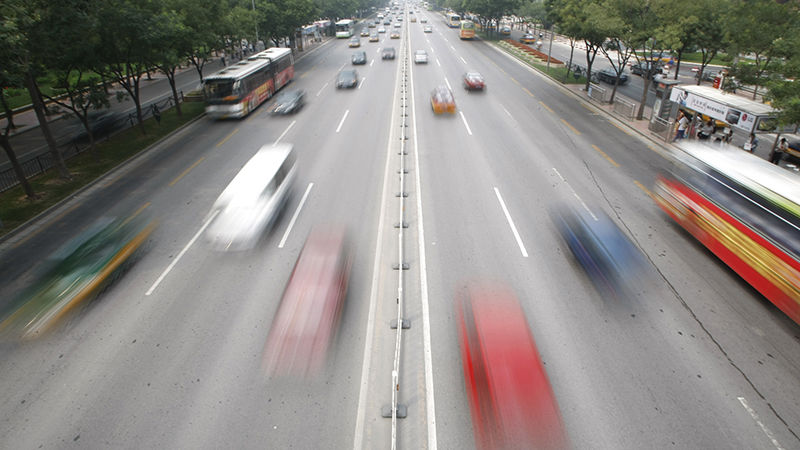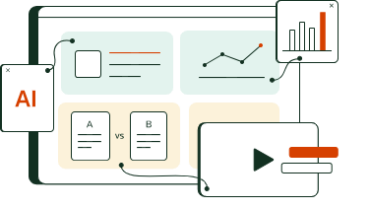Less than a month after the UK completed its separation from the European Union, Britain’s five largest business groups warned the government that companies were facing substantial difficulties moving goods through UK ports.
Indeed, trade compliance concerns persist that Brexit will adversely impact business performance in the coming months and years as a result of border and customs disputes, supply chain shortages and disruptions, shipping delays, and stoppages, increased import and export costs, and new and evolving free trade agreements (FTAs).
A recent episode of the Thomson Reuters Tax & Tech Talks: Global Trade Edition podcast explores solutions available to help multinational companies that do business in the UK navigate these confusing, evolving, and unfamiliar supply chain challenges.
_______________________________________________________
Listen to the entire episode
40 min listen
Listen and subscribe to Tax & Tech Talks podcast on Spotify, Libsynpro, and Apple Podcast apps.
_______________________________________________________
“The deal has indeed been done, but Brexit is still a real concern for many companies,” said podcast panelist Selin Yavuz, London-based senior proposition manager for ONESOURCE Global Trade.
Corporate trade compliance teams that master this issue and deploy effective tools to manage it can ensure their companies make informed decisions, reduce risk, operate strategically, seize opportunities, and create a competitive advantage.
“The trade professional who is well-versed in this can change their groups from being a cost center to a profit center,” said Suzanne Offerman, senior proposition manager for ONESOURCE Global Trade, based in New York City. “It would be a way to say to the C-suite, ‘Yes, this has been a problem, but these are the opportunities we now have from Brexit, and here’s how our company can save money.’”
Traditionally, global trade teams within companies have had a tactical focus—managing processes and ensuring compliance, said Rowan Anderson, ONESOURCE Global Trade product manager based in Australia. “Now, though, we can automate trade compliance—making sure tasks are done consistently and the compliance boxes are ticked,” he said. “That allows the trade professionals to focus on the strategy—running those ‘what if’ scenarios and making sure they’re bringing value to the company.”
Post-Brexit Supply Chain Challenges
A New Tariff Regime: The new UK Global Tariff (UKGT) applies to goods imported to the UK after January 1, 2021. It reduces and simplifies tariffs on thousands of goods entering the UK, removes tariffs on some raw goods and products, and may levy tariffs on many goods that previously were traded duty-free. For UK importers, this new regime may increase the cost of certain goods as well as the administrative cost of complying with new rules and classification codes.
The key to successfully managing this evolving landscape is updating and maintaining new classification codes and duty rates—and doing it manually is a time-intensive and error-prone process. Classification software, on the other hand, ensures product classifications and duty payments are accurate.
Customs Declarations and Origin Calculations: The new EU-UK Trade and Cooperation Agreement (TCA) establishes protocols for customs declarations, duty calculations, excise tax, value-added tax (VAT), and product certifications—all of which require additional paperwork and documentation.
For example, the TCA allows UK and EU companies to move goods across borders duty-free as long as they comply with the TCA’s new rules of origin. To qualify, importers and exporters must calculate the origin of their goods—specifically, the Regional Value Content (RVC)—and file declarations with customs officials, a new regulatory burden.
“When you used to move goods between the EU and the UK, you could simply put the goods on a truck, move them across the channel, and you were done,” Anderson said. “Nowadays, you need to file an export declaration out of the UK and an import declaration into the EU and into every country that you’re moving the goods to.”
As a result of the new UK-EU trade deal, companies may need to invest in personnel and technology to complete complex rules of origin calculations. UK companies with EU-centric supply chains may also benefit from assessing the merits of establishing new trade routes through different countries.
Evolving Free Trade Agreement Landscape: The UK has successfully negotiated several independent free trade agreements, which has provided companies with much-needed clarity and consistency. However, there are many agreements remaining to be enacted with no guarantee they will happen easily. UK companies doing business in countries lacking FTAs with the UK need to assess the cost implications, their options, and their obligations as new rules and regulations ultimately are enacted.
“Companies now need to classify their goods, establish the origin rule applicable under the FTA, calculate the rules of origin for their products, and then develop the origin determination, calculation, certification, and recordkeeping processes,” Yavuz noted.
Finding Supply Chain Success with Global Trade Management Software
Brexit also creates opportunities for companies to expand into new markets and reap the rewards of automated trade management. “The opportunities afforded by Brexit are often overlooked,” Yavuz said. “Some importers and exporters will use Brexit to be better than they were before.”
“In order to get the benefits of these opportunities,” she continued, “businesses should first assess all of the potential impacts of Brexit—and Brexit extends far beyond the potential imposition of customs and tariffs. Contingency plans need to be prepared for various scenarios. And Brexit changes the UK-EU trading relationship permanently, so future strategy must be assessed in this context.”
In this post-Brexit environment, it’s important to implement comprehensive global trade software that can:
- Track the origin of goods through multiple channels
- Stay up to date on tariff rates, sanctions, controls, and rules for all the countries a company does business in
- Run “what-if” scenarios to identify risks and quantify savings
- Accelerate import/export processes
- Automate customs declarations
- Track and monitor supply chains in real-time
- Calculate trade compliance costs and risks
The impact of the UK’s separation from the EU will continue to change and impact multinational corporations for years to come—creating opportunities for companies with robust global trade management operations to set themselves apart and seize the advantage.
Download our free whitepaper “Brexit’s Impact on Global Trade and How Technology Can Help Multinationals Succeed” for more trade compliance and supply chain strategies to ensure long-term success post-Brexit. You can also visit our Brexit resource hub for more information.









